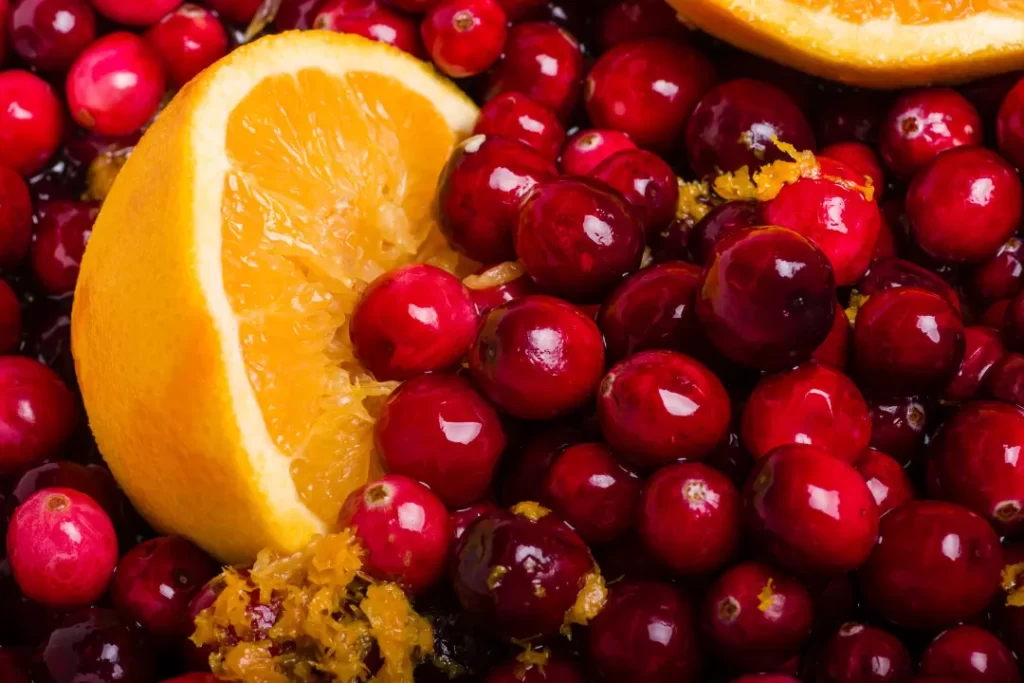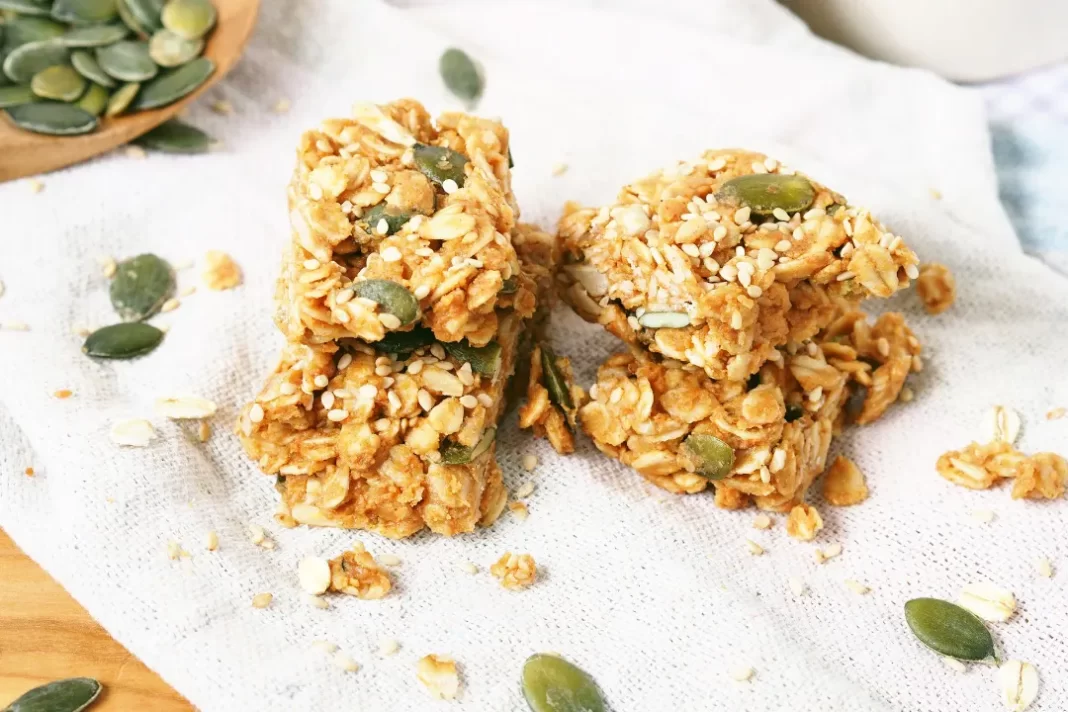More than a meal replacement or a dietary supplement, protein bars have become a lifestyle choice for many Americans. In this article, we compare two very well-received brands to determine which is the superior value. Read on to learn more about Misfits Protein Bars and Healthy Truth Plant-Powered Protein Bars.
Are you getting enough protein? Since our bodies cannot store this important macronutrient, we must consume enough protein every day to maintain our physical functioning. The recommended daily protein intake for a sedentary person is 0.8 grams per kilogram of body weight. This translates to about 60 grams for a 165-pound person. The more active you are, the more protein you require, and athletes should consume about double that figure.
Protein keeps your body running smoothly. Your body uses it to build and repair tissue, including muscle, cartilage, and skin. A protein compound in red blood cells helps supply your body with critical nutrients. About half your protein intake goes into producing enzymes that help you to digest food and aid in cell production and maintenance. Protein can also help you lose weight as it makes you feel fuller for longer and reduces the hunger hormone, ghrelin.
You May Also Like:
BEAUTY PRODUCT TIPS FROM AN ECZEMA FIGHTER WITH SKIN ALLERGIES
Protein bars can be a convenient way to supplement your protein intake or even replace a meal. Most protein bar products claim to be healthy, but the truth is that many could really be classified as candy for their sugar content, while others contain sugar alcohols and artificial ingredients. If you’re looking for a healthy protein snack, it’s important to scrutinize ingredient lists before making your purchase decision. We’ll evaluate two leading brands: Misfits protein bars and Healthy Truth protein bars.
Misfits protein bars vs Healthy Truth protein bars:
Ingredient purity
Both brands claim that their protein bars are vegan and gluten-free, but an examination of their ingredient lists reveals some important differences between Misfits protein bars and Healthy Truth protein bars. Misfits protein bars are sweetened with xylitol, a sugar alcohol known to cause gastrointestinal upset. Furthermore, these protein bars get their protein from both pea protein and soy protein, so those sensitive to soy should beware. You’ll find approximately 26 different ingredients in Misfits protein bars, some of which are artificial.
Sweetened with organic dates and coconut nectar, the Healthy Truth cacao-flavored protein bar boasts a short (and sweet) ingredient list. Aside from these natural sweetening ingredients, you’ll just find sprouted pumpkin seeds, sprouted cashews, pea protein powder, sacha inchi protein powder, cacao powder, oats, MCT Oil, ground flaxseed, coconut shreds, and cacao nibs. When it comes to protein bars, it’s hard to find a cleaner product, and Healthy Truth is miles ahead in terms of ingredient purity.

Misfits protein bars vs Healthy Truth protein bars:
Nutritional value
A Misfits protein bar contains about 16 grams of protein, 9 grams of fat, 9 grams of fiber, and 180 calories. The Healthy Truth cacao protein bar contains 15 grams of protein, 9 grams of fat, 3 grams of fiber, and 270 calories. Misfits protein bars get their fiber content from chicory root fiber and beet fiber, and these products certainly pack a healthy fiber punch. Otherwise, when it comes to macronutrient content, the bars are fairly similar.
However, Healthy Truth secures the true nutritional advantage. This brand uses only sprouted nuts and raw ingredients in its products to maximize their nutritional value. Sprouted nuts contain more antioxidants, amino acids, vitamins, and minerals than their roasted counterparts. The sprouting process also reduces phytic acid, an antinutrient that can inhibit the absorption of important vitamins and minerals. Healthy Truth protein bars are unique in that they offer one of the only raw food bars on the market. Because they are completely unprocessed, raw foods maintain their enzyme and nutrient content, facilitating better digestion and nutrient absorption.

Misfits protein bars vs Healthy Truth protein bars:
Price
Misfits offers a pack of 12 bars for $30 on its website, with a 20% discount for subscribers. Each bar weighs in at 45 grams. Healthy Truth protein bars come at a slightly higher price point, with a pack of 12 bars selling at $42.99. However, you’re getting a more substantial meal replacement with each Healthy Truth bar, with each bar weighing in at 65 grams and about 270 calories. Healthy Truth offers a 10% or 20% discount for monthly and biweekly subscriptions, respectively. Overall, you’re getting more value for your money with Healthy Truth protein bars, and we think it’s worth spending a little extra money for better nutrition and satisfaction.
Misfits protein bars vs Healthy Truth protein bars:
Taste
Misfits protein bars come in a variety of flavors that sound like desserts, like caramel, birthday cake, chocolate s’mores, and cookie butter. However, some reviewers of Misfits protein bars complain of a chalky taste and a strange aftertaste (which may be the result of its sugar alcohol content). In contrast, Healthy Truth customers rave about the delicious taste of these natural protein bars, which come in a nice variety of flavors like mixed berry, blueberry cobbler, orange cranberry, and vanilla. When it comes to taste, Healthy Truth is the clear winner.

Misfits protein bars vs Health Truth protein bars:
Final verdict
While Misfits protein bars offer a moderately priced vegan snack that gives you a healthy dose of fiber, these products contain sugar alcohols and artificial ingredients that could deter the average health nut. We choose Healthy Truth plant-powered protein bars for their purity, superior nutritional value, and delicious taste.
Founded in 2014, Healthy Truth is a Massachusetts-based company with a unique, ultra-healthy product idea to deliver maximum nutrition with raw food products that also taste amazing. Bruce Namenson, Healthy Truth’s founder and chief creative officer, describes their sprouted nut products as “food optimized.” This sounds like an accurate description, as you’re getting the best nutrition in a small, convenient package. In a recent interview, Namenson summed up the ethos of this standout provider of healthy snacks: “It’s a powerful thing to be able to help people feel better every single day.”

The protein bar that does it right
For consumers hoping to meet their daily protein requirements, the market offers a wide variety of bars and snacks, all promising a powerful protein punch. Unfortunately, many protein bars aren’t as healthy as they might seem, and when you scrutinize their ingredient lists, you find a number of unpleasant surprises. If you’re going to purchase a protein bar with your health in mind, it’s best to look for a product that’s free of added sugar, unhealthy sweeteners, allergens, or artificial ingredients. You also want something that will satisfy your hunger and taste buds. Fortunately, there’s at least one protein bar out there that does it right.
Further Reading:
Men’s Health: The 15 Best Protein Bars for Men 2022
The Guardian: Muscles and methane: how protein became the food industry’s biggest craze
The Guardian: Fit in my 40s: protein boosts fitness, but who wants to eat a kilo of chicken a day?
Important Note: The information contained in this article is for general informational purposes only, and should not be construed as health or medical advice, nor is it intended to diagnose, prevent, treat, or cure any disease or health condition. Before embarking on any diet, fitness regimen, or program of nutritional supplementation, it is advisable to consult your healthcare professional in order to determine its safety and probable efficacy in terms of your individual state of health.
Regarding Nutritional Supplements Or Other Non-Prescription Health Products: If any nutritional supplements or other non-prescription health products are mentioned in the foregoing article, any claims or statements made about them have not been evaluated by the U.S. Food and Drug Administration, and such nutritional supplements or other health products are not intended to diagnose, treat, cure, or prevent any disease.


